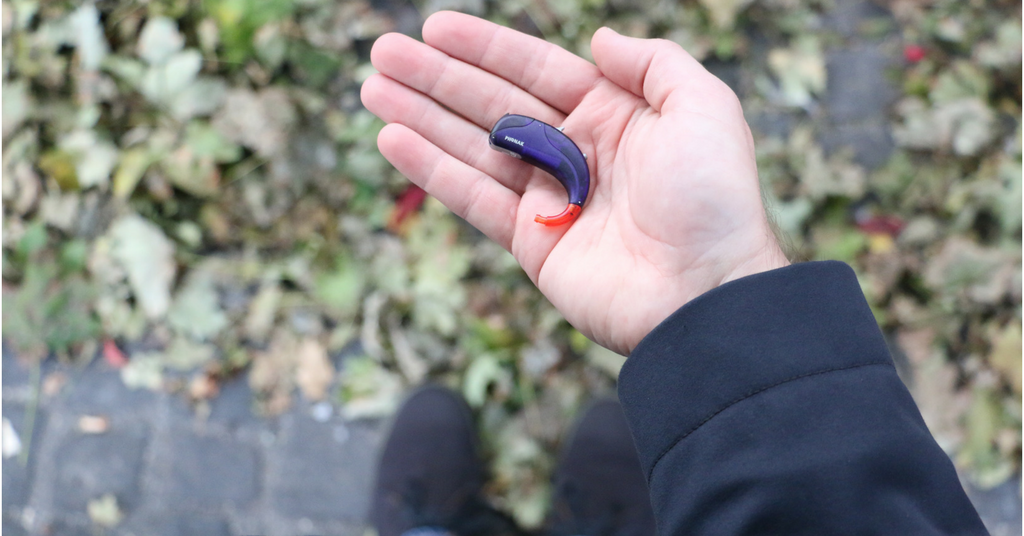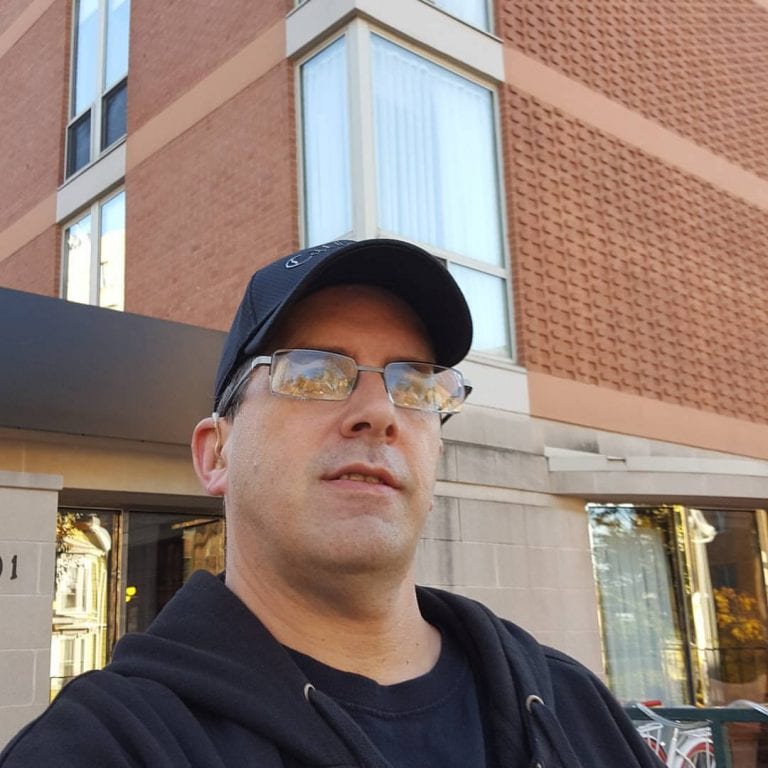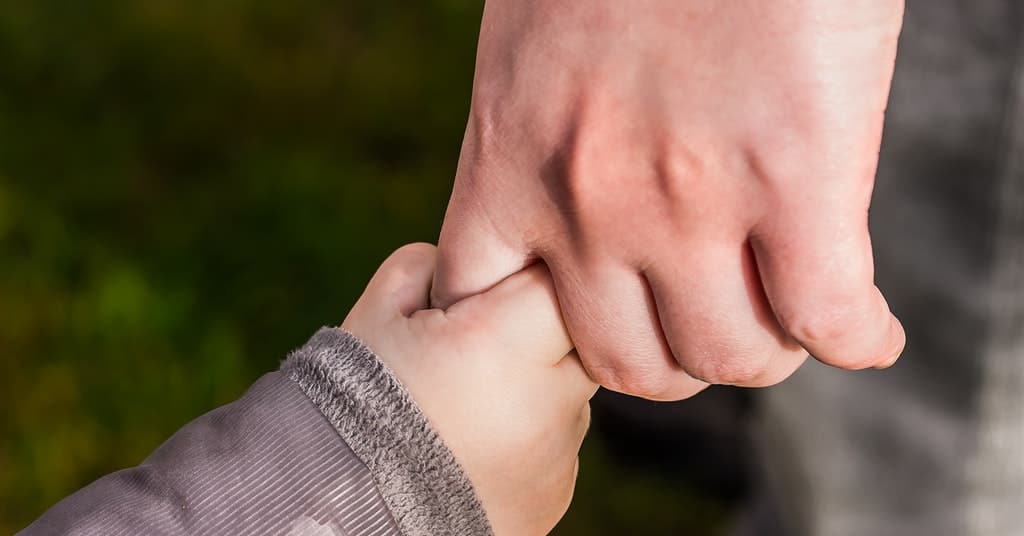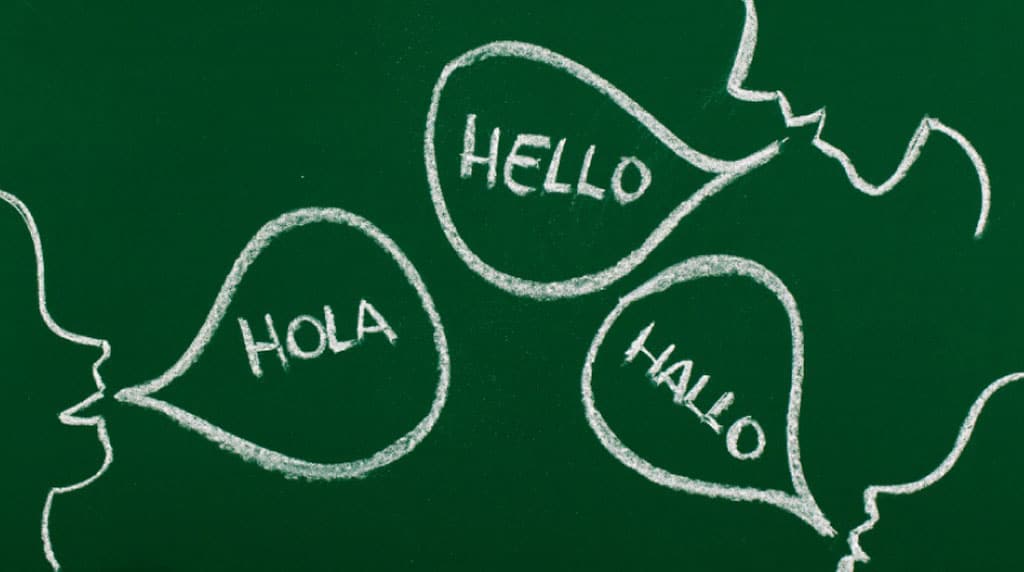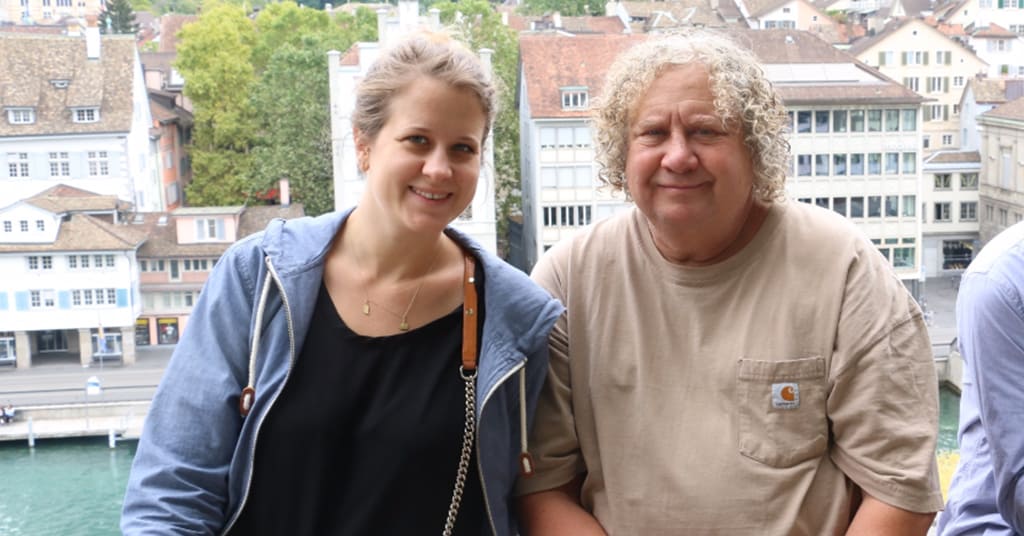At the beginning, I fought tooth and nail against being one of those people who wore hearing aids. I realised that all of my stress and anxiety had been caused by the fact that I was trying so very hard to fit into the hearing world.
This all changed after I went through having my hearing loss diagnosed. I adjusted to my hearing aids and became a part of the deaf and hard of hearing community.
Officially finding out about your hearing loss
Officially receiving a hearing loss diagnosis is very different to being aware that you are hard of hearing. Our friends and relations often tell us that we could do with having a hearing test. And yet it is only once we take the plunge and take a test, that we make things official.
You see, before the test it’s all too easy to fool yourself into thinking that maybe, just maybe, you’re having an off day and that tomorrow will be a much better one. You tell yourself that everyone has hearing problems in a modern noisy society. And of course there is always that old standby, the, ‘what if it’s just a minor complaint, some ear infection that’ll clear up in a day or two.’
“You see, before the test it’s all too easy to fool yourself into thinking that maybe, just maybe, you’re having an off day and that tomorrow will be a much better one.”
As you can see from my observations above, I have a rather healthy imagination, but most people do. Especially if they’re over the age of 50. Let’s face it, we often get just a little settled in our ways. We know who we are, and what we do and do not like. And many of us, males in particular, don’t like making a fuss. Unless it’s man-flu of course.
Being told that I have hearing loss, was really no different than any other big change. It came as a shock, despite knowing I had a problem at the back of my mind. As a change, it was most unwelcome. I fought it, went through the five stages of grief. Trust me, hearing loss is no different to you in an emotional sense than a bereavement.
“…hearing loss is no different to you in an emotional sense than a bereavement.”
We call it a ‘loss’ with good reason.
Jumping to negative conclusions about my hearing aid lifestyle
Before my official hearing loss diagnosis and receiving my Phonak hearing aids, I was leading an active life. No, I was not leaping out of aircraft or performing Hollywood stunts. I was not even attempting Pilates, which looks every bit as dangerous as stunt work. But, active, I was. I walked most days and belonged to the local health club. I went swimming three times a week, used the gym and enjoyed saunas and steam baths.
Having a pair of hearing aids appeared to me to be something of a double-edged sword. Yes, I had been given a hearing boost, though it wasn’t like I had imagined. Yes, I had expected to have my hearing magically restored. The reality was somewhat different and was taking me time to get used to, but I knew it would seriously impact my life.
I knew this fact because my audiologist had told me so. She had explained my hearing loss and the fact that it wouldn’t improve. In my case there was a good chance that it would get worse over time. I honestly don’t know what was going through my head in those early stages, but I’m inclined to think that it was very cartoon like with old quivering gentlemen holding up ear trumpets and shouting out “I beg your pardon?”
Read more: New to hearing loss? 3 ways to be an advocate for your hearing loss journey
I do remember very clearly sitting in my chair and thinking that my life was about to change. And not for the better. At that time I assumed that I would never be able to go to the gym again or go swimming. I had hearing aids and because of these delicate little plastic things balancing behind my ears, life would be on a permanent go-slow.
My new life with hearing aids
Although it was hard adjusting to my hearing aids at first, I quickly learned how to insert them into my daily routine. In the early days it’s a bit tricky having to remember to remove them each time to have a shower or bath and if it’s raining hard. However, that said, it’s no different to, for example, wearing glasses. (Unless of course you happen to wear your spectacles in the bath or shower.) I know for a number of years I have taken off my glasses before a shower and now, I also take out my hearing aids. Just as easy. Once you’ve made it into a habit, it becomes just another routine part of your daily life.
One of my major worries was the way my behind the ear, BTE, hearing aids were fit. Looking at these tiny things, which reminded me of a little Bluetooth earpiece, it seemed to want to defy gravity. In my mind, were a million different scenarios of its demise: flying out of my ear, feeling uncomfortable, being distracting, embarrassing, or get lost or destroyed.
I mean, how could a tiny little rubber dome attached to a plastic tube ever survive? Just as we are always hearing that people often think of themselves as either a glass half full or glass half empty type, so my thinking had switched tracks. I’m by nature an eternal optimist and tend to always look for the sunny side of things… well except perhaps where life’s little challenges are concerned.
Okay, I’m not too fond of change. There I’ve said it.
So my point here, is that when faced with this new challenge, my reflex action made me view it as a negative lifestyle alteration and one that would threaten everything I held dear. Talk about mountains out of mole hills. The reality was life changing, but in a fantastic way. Let me explain my apparent moment of confusion.
First, wearing hearing aids is something that you get used to and a lot quicker than you’d expect. They are tiny and beautiful in my opinion, but don’t take their size to mean weak. In fact, they are tough little things, as long as you treat them well.
“They are tiny and beautiful in my opinion, but don’t take their size to mean weak. They are in fact tough little things, as long as you treat them well.”
If you have one or two BTE aids, they are not permanent fixtures, which means, that you can take them out whenever you feel the need.
I have never had one of my aids fall off or even move. Trust me, I’ve even shaken my head rather roughly just to check. I have had them knocked off my ear, but by either my glasses or a hugging child, waving their hands about. The hearing aid has remained perfectly fixed in my ear and has caused me no discomfort. I have just had to put it back in place behind the ear and carry on.
Spinning a negative attitude to a positive attitude
So, what was my big turning point?
It was learning the difference between Deaf and deaf.
Read more: What are the differences between d/Deaf and hard of hearing?
I became aware that being Deaf, with a capital D means being part of a rich and vibrant community, which doesn’t communicate verbally. For many people within the community, British Sign Language, BSL, in England and American Sign Language, ASL, in America are their native languages and these are signed. This was so interesting. Because I can tell you that coming from a hearing world, this information was certainly news to me.
Also, I learned that there was a choice, some people who wore hearing aids still considered themselves “hearing people with hearing loss,” while others embraced being deaf with a lowercase d. I realised that all of my stress and anxiety had been caused by the fact that I was trying so very hard to fit into the hearing world. Suddenly, I became aware that I am deaf and maybe I have been for at least 10 years, but just didn’t know the fact.
“I realised that all of my stress and anxiety had been caused by the fact that I was trying so very hard to fit into the hearing world. I suddenly became aware that I am deaf and maybe I have been for at least 10 years, but just didn’t know the fact.”
That one little four-letter word was all it took to turn me into a very happy and very confident person.
Fighting against being deaf was only fighting against my own nature. I instead embraced my deafness and discovered a world of joy, pleasure, and acceptance. I do everything I did before my diagnosis and so much more in addition. Not every day is bright with chirpy smiling people. No, it most certainly is not. But my optimism has returned and I now look for the best in things, yes, even in the challenges.
Being part of the deaf community
Discovering the deaf community has opened up many new areas to me. I am involved with two charities Action On Hearing Loss, who recently invited me to become a member of their research panel and Hearing Link, who I have offered my services to as a volunteer. Since my own local community is lacking in resources for D/deaf and people with hearing loss, I’m going to make a difference myself. If each of us did one small act, something to bring awareness to the hearing community, our world, because we all share it, would be a much better place.
My personal challenge to you, is to embrace your hearing loss, find out what it means to be deaf and trust me, it’s not about being disabled, because my deafness has enabled me in the most astounding ways.
“… embrace your hearing loss, find out what it means to be deaf and trust me, it’s not about being disabled, because my deafness has enabled me in the most astounding ways.”
Look to our community and beyond. Find out what’s going on, research for yourself. Visit d/Deaf charity websites and make yourself acquainted with who you are. Volunteer, if it appeals to you.
I was recently taking a course in Deaf Awareness and a video clip was shown from an American television show, called “Switched At Birth, The ASL episode”. During the excerpt, the teacher standing before a class of teen students made a simple statement. Those words, in my personal opinion, should be a slogan for each and every one of us, they were:
“Not hearing loss, deaf gain.”
We who experience hearing loss gain admission into areas of a beautiful community peopled with wise, witty and noble people filled with joy and optimism.
Come in and enjoy your own deaf gain.
